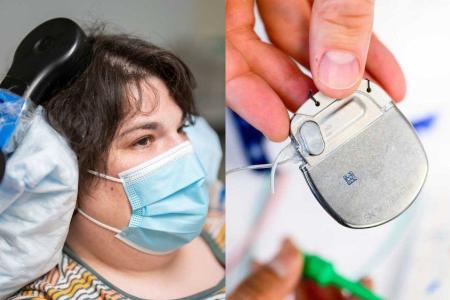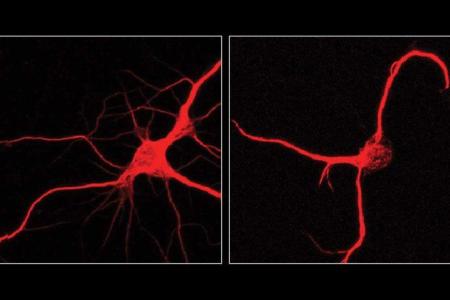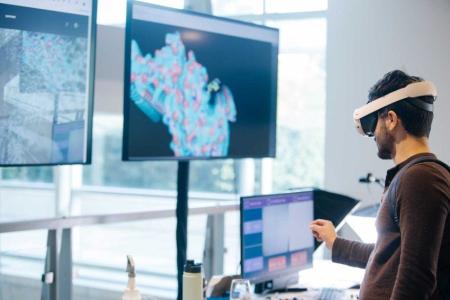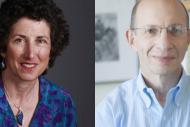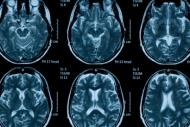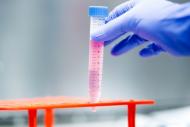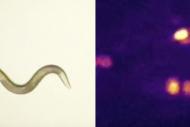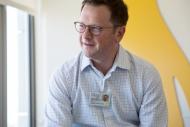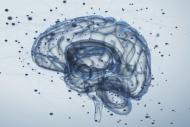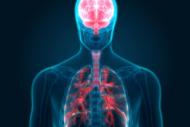Two UCSF faculty are among the 70 new members and 10 international members elected to the National Academy of Medicine for 2017.
A new UC San Francisco–led study shows that failure to follow this basic principle of population science can profoundly skew the results of brain imaging studies.
Two UCSF scientists have been awarded NIH New Innovator Awards, which support unusually innovative research from early career investigators.
UCSF researcher Saul Kato is using a new high-resolution whole-brain imaging technique to see how the entire nervous system of a worm works together to generate behavior.
A new formulation of a drug that was used to treat children with a rare neurological condition in the 1980s, and later became half of a widely used diet-drug combination, may offer promise for pediatric patients with a severe seizure disorder, following a large-scale trial led by UC San Francisco.
UCSF researchers have discovered that two molecular partners interact at synapses to maintain stable neuronal function.
Ketogenic diets — that have long been known to benefit epilepsy and other neurological illnesses — may work by lowering inflammation in the brain, according to new research by UCSF scientists.
Protein engineers and neurobiologists at UCSF have teamed up to create a biological light saber — an engineered protein that can slay specific cells simply by exposing them to light.
UCSF researchers have identified a protein that links alcohol consumption with structural changes in one of the “reward centers” in the mouse brain.
The mechanisms by which the brain regulates breathing are still a mystery, one that UCSF physiologist Kevin Yackle is tackling with the latest tools of molecular biology.

